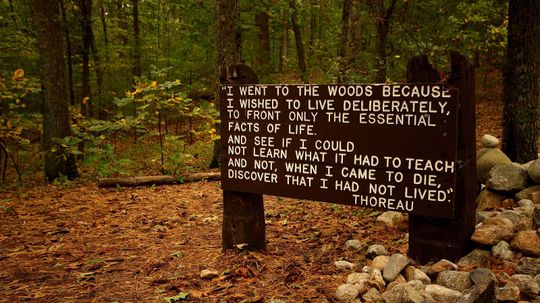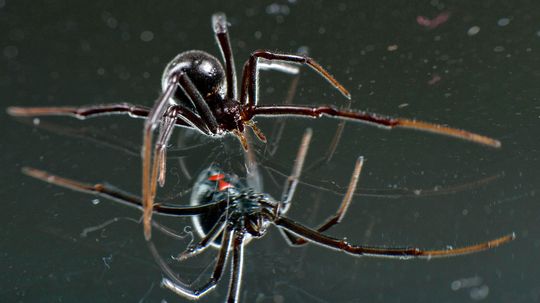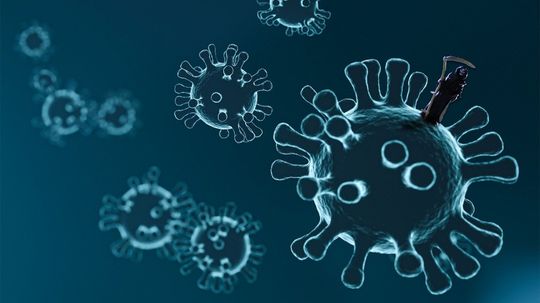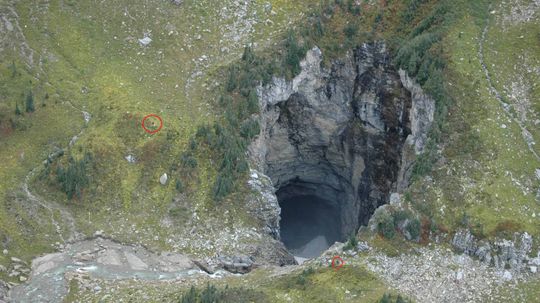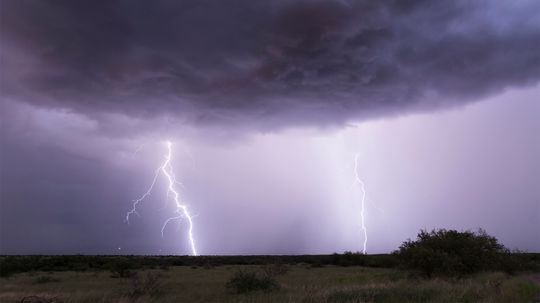Patrick J. Kiger has written for HowStuffWorks since 2008 covering a wide array of topics, from history and politics to pop culture and technology. He worked as a newspaper reporter for the Pittsburgh Press, and the Orange County Register in California, where he covered one of the biggest serial murder cases in U.S. history, and also as a staff writer at Baltimore Magazine. As a freelancer, Patrick has written for print publications such as GQ, Mother Jones and the Los Angeles Times, and on the web for National Geographic Channel, Discovery News, Science Channel, Fast Company and AARP among others. In recent years, he's become increasingly interested in how technological advances are altering urban life and the design of cities, and has written extensively on that subject for Urban Land magazine. In his spare time, Patrick is a longtime martial arts student and a fan of crime fiction, punk rock and classic Hollywood films.
Recent Contributions
Transcendentalism was a 19th century philosophical movement with adherents like Thoreau, Emerson and Fuller, based on principles of freedom, feminism, abolition and the idea that people had divine truth within them.
In 1961, the Soviet Union detonated the Tsar Bomba, still the biggest, most powerful nuclear bomb ever built. One of the cameramen who recorded the event said it sounded "as if the Earth has been killed."
In 1953, CalTech geochemist Clair Patterson came up with an estimate for Earth's age that still holds today.
Advertisement
Voting on a Tuesday in November has been a U.S. tradition since the 1840s, but the timing makes it difficult for many people to exercise their right to vote. What are states doing about it?
Sharks have a bad reputation, but is it warranted? Maybe for these 10, which are considered the most dangerous of all.
The Global Peace Index ranks 172 independent states and territories according to their levels of peacefulness. Those that came in last may - or may not - surprise you.
The Pythagorean theorem, which explains how to calculate the longest side of a right-angled triangle, is an ancient mathematical statement that still buttresses modern-day construction, aviation and even how we navigate through traffic.
Advertisement
The U.S. Justice Department had to release a redacted affidavit related to the FBI's search of former President Donald Trump's Florida estate. How does the redaction process work?
Declassified government documents can change our view of history, and also sometimes contain surprising revelations. Here are six to discover.
In a bizarre experiment during the Cold War, the CIA used prostitutes and bordellos to lure customers only to drug them with LSD. It was all designed to achieve mind control.
It's hard to nail down the oldest city in the world. Some say it's Damascus, Syria, while others suggest it's Jericho, in the West Bank. So which is older?
Advertisement
Spiders have been on Earth a whole lot longer than we have - 380 million years, to be precise - and number more than 38,000 separate species worldwide. See 10 of the most beautiful and scary of these arachnids.
You've heard the stat. You're more likely to be struck by lightning than be attacked by a shark. Still, wouldn't it be nice to know that your next aquatic destination doesn't fall on this list?
Spite is not just for kids with broken toys. Many adults have gone to unbelievable lengths to pay back someone who did 'em wrong. Here are 10 classic examples.
That tube you put your check or deposit slip in at the bank drive-up window is called a pneumatic tube. This was cutting edge 19th-century technology and is still in use today.
Advertisement
Hand sanitizers can only get you so far in preventing a viral infection. Scientists are discovering how visible light can be used to destroy viruses. Learn about the laser technique and what it means for the future.
How, in today's world, could a cave this massive go undetected for so long?
Ever sat on an airplane and wondered how your laptop works at 30,000 feet?
A very strong storm doesn't automatically mean death or destruction. You can improve the odds of surviving intact with reinforcements to your home. Plus, scientists are improving their forecast methods. Let's look at high-tech and low-tech storm alerts.
Advertisement
It's sometimes easy to confuse the two, but weather and climate are very different things.
In the future, as we send space probes and manned missions to explore the solar system and possibly colonize other worlds, there's a major problem that we'll have to overcome -- keeping in touch with them.
"Stop, what's that sound?" Doesn't it creep you out when you don't know? There are lots of sounds out there that baffle even scientists.
The Manhattan Project built the city of Oak Ridge in rural Tennessee, where secret facilities produced uranium-235 for the atomic bomb.
Advertisement
Only 25 percent of glass containers used by U.S. consumers were recycled in 2018, the most recent year for statistics. So, why aren't Americans doing better?
The search team used a radar-equipped drone to locate a P-38 from the so-called "Lost Squadron" that crash-landed in Greenland in 1942. But the story doesn't end there.

